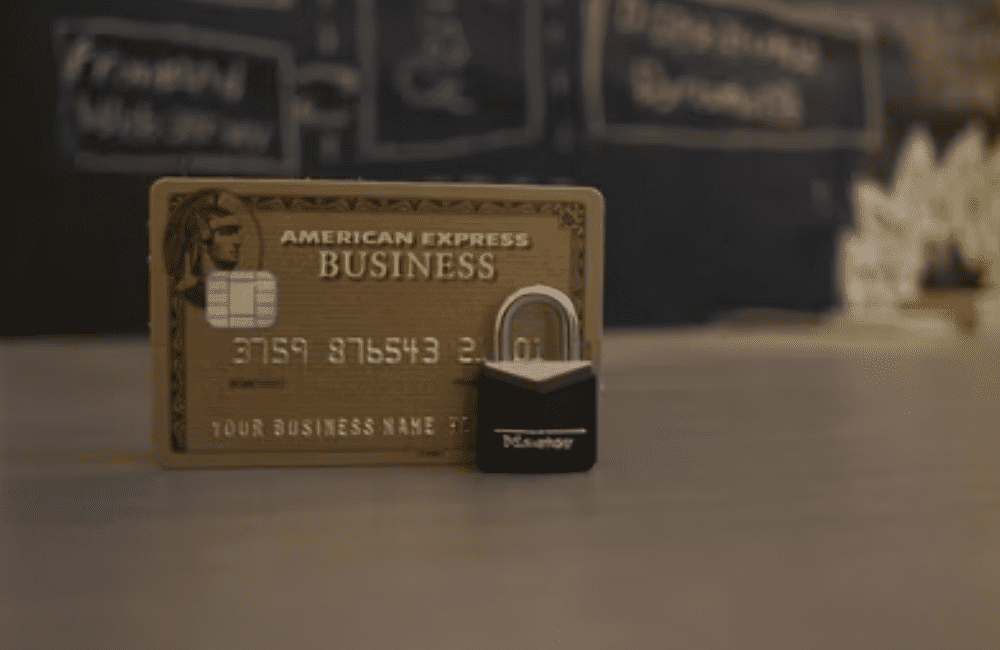You may often be bombarded with significant expenses such as a wedding preparation, funeral costs, home renovation, a huge medical bill, or even an emergency. Undoubtedly, you may require cash to meet these costs.
However, if your cash or bank balances are insufficient to cover the expenses, you may need to borrow from a bank or financial institution. That might be problem if you have bad credit, causing the lender tot decline your application.
How do you keep your credit score healthy? Let’s look at some valuable tips.
Constant Check On Your Payment History
Your repayment ability is one of the factors lending institutions look at when advancing credit because it accounts for up to 35% of your total credit score. Therefore your history of loan payments is a fundamental aspect of your credit score.
Some of the things that can impact your payment history include:
- Skipping payments
- Delayed payments
- Paying less than the installment amount
You should contact your lender if you’re unable to make payment on time. If your income reduces, your lender may reschedule your loan to manageable installments. Also, debt consolidation can reduce debt burden and improve payment ability.
Check if Your Credit Report Has Errors
Sometimes your credit report may have errors that can affect your borrowing ability. It’s essential to proactively check if there are any errors on the statement to help a good score.
You can get an up-to-date report from any of the three leading credit reporting agencies: Equifax, Transunion, and Experian.
Use Your Loan Wisely
Before you borrow money, it’s essential to plan. You can do this by listing down your expenses starting with emergencies to the not-so urgent ones. Then, only borrow within your limits and ability to pay.
If you have a credit limit of $3,000, don’t go over the limit, as exceeding can affect your credit rating. As a rule of thumb, ensure you shouldn’t exceed 30% of your credit card limit on expenses. It’s better to have a higher limit and low usage.
Lenders will classify you as high risk if you use a lot of credit and may offer a higher interest rate. It happens even if you’re not late on a payment.
To know the best way to use your credit, you can sum up all credit products, including credit cards, lines of credit, and loans. For instance, if your credit card limit is $5,000 and you have a line of credit of $10,000, your total credit is $15,000.
Limit Your Credit Inquiries and Applications
Of course, it’s pretty normal to ask for a credit report from the bureau at least once a year. However, did you know that too many inquiries on your credit report can make the lender believe that you’re living beyond your means? You can control the number of credit checks by only borrowing when necessary.
Additionally, when applying for a mortgage or a car loan in one month period, you can get different quotes from the lenders so that they can combine it into a single inquiry for your score.
Further, some credit reports that can affect your rating include:
- A credit card application
- Job application
- Real estate or rental requests
Any lender who reviews your credit report can see these requests. However, some requests may not have any impact at all, and these include:
- Your own request
- A company requesting your credit report to update an existing account.
Increase your Credit History Length
Most people have the misconception that failing to borrow improves their credit score. On the contrary, having no credit history means lenders cannot make any decision regarding the three c’s of credit: character, capital, and capacity.
If you keep your credit account running, this will be good for your credit score. If you have relatively new credit accounts, your rating will be low. Some credit card companies have discounts on interest for balance transfers; however, the card is considered a recent credit product.
It’s vital to keep your old credit account open even if you’re not currently using it. Importantly, check if there are charges to keep it open but not in use. Also, check the credit card terms and conditions to find out if there are any fees,
Even though there are quick loans for bad credit, your credit score and history is a vital indicator of your credit worthiness. Its status can have your credit application approved or declined. Also, landlords use the same report when you’re seeking a place to stay. So, maintaining an excellent credit score can affect your ability to borrow and financial goals.
You may also like
-
How to Find the Best Deals in Alberta
-
Finding the Right Debt Relief Solution to Save Money and Avoid Bankruptcy
-
Navigating the Crypto World: Tips for Successful Investment Ventures
-
The Bitcoin Breakthrough: Unveiling the Future of Financial Investment
-
Dogecoin Discovery: Exploring the Untapped Potential of Crypto
